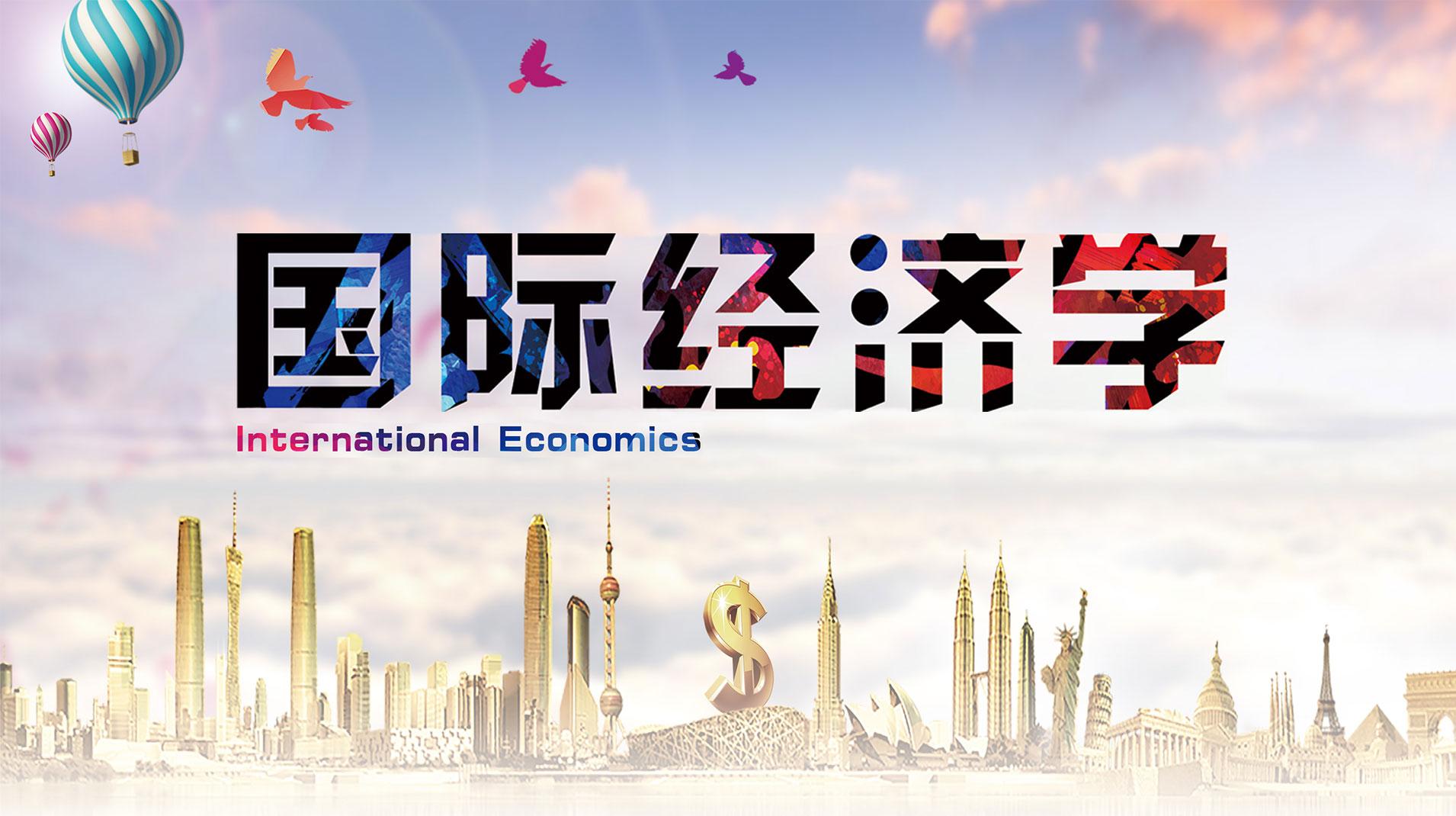第五章测试1.
In a “first-best” world:
A:
Free trade benefits everyone.
B:Free trade harms everyone.
C:Free trade is economically efficient.
D:Free trade is not optimal.
答案:C
2.
Which of the following statements is true?
I.If young firms are struggling to obtain funding from underdeveloped financial markets, the most efficient policy solution would be a production subsidy.
II. If young firms are struggling to retain their trained workers, then government should offer a subsidy to offset the costs of training workers.
III. Infant industry tariffs are less likely to be removed than infant industry subsidies.
A:
II only
B:I and II
C:II and III
D:I only
3.Which of the following arguments for protection states that import-competing firms that are struggling to stay in business should be provided protection in order to maintain jobs and continue domestic production?
A:
The national defense argument.
B:The dying industry argument.
C:The developing government argument.
D:The infant industry argument.
4.A free-trade area removes trade barriers between member countries, but allows the member countries to maintain their own trade barriers against trade with nonmember countries.
A:对 B:错 5.
In the absence of any other distortion, a tariff will create a distortion, but a government subsidy will not create a distortion.
A:对 B:错 6.
The most favored nation (MFN) principle states that any trade concession given to any foreign country must be given to all other countries having the same MFN status.
A:错 B:对 7.
Trade creation is the volume of trade that is redirected from low-cost exporters to higher-cost trade bloc member countries.
A:对 B:错 8.
The infant-industry argument for protection
A:
dvocates permanent tariff protection for new industries.
B:shows that tariffs provide the only effective means of supporting new industries.
C:advocates the shielding of new industries from imports until they have grown strong and efficient enough to withstand the competition from foreign producers.
D:advocates that each nation provide tariff protection for the domestic manufacturing of products used by infants, to help each nation preserve its own unique cultural identity.

